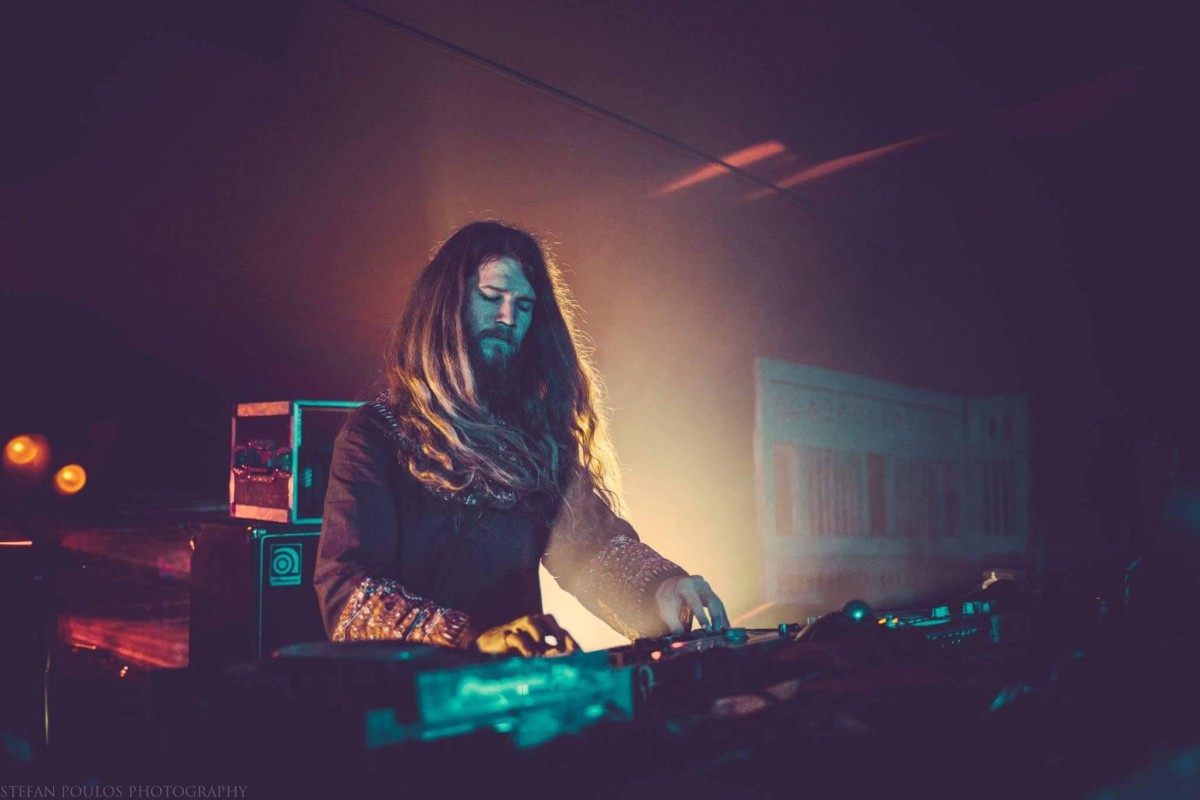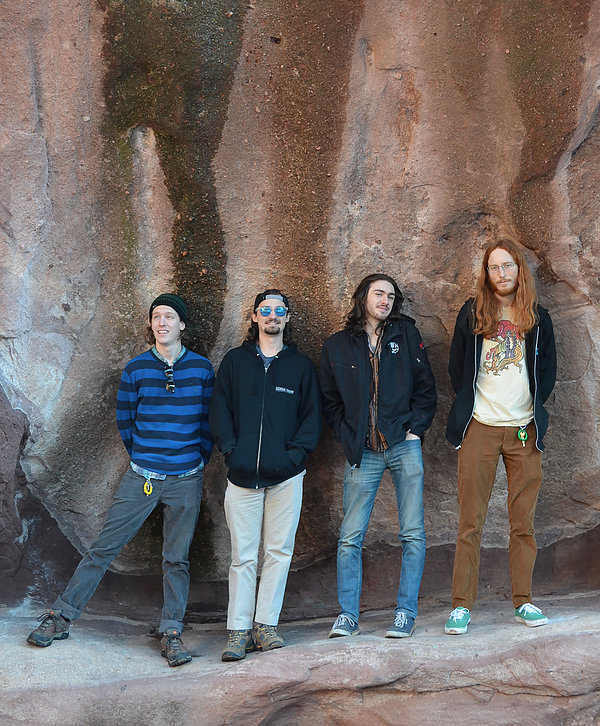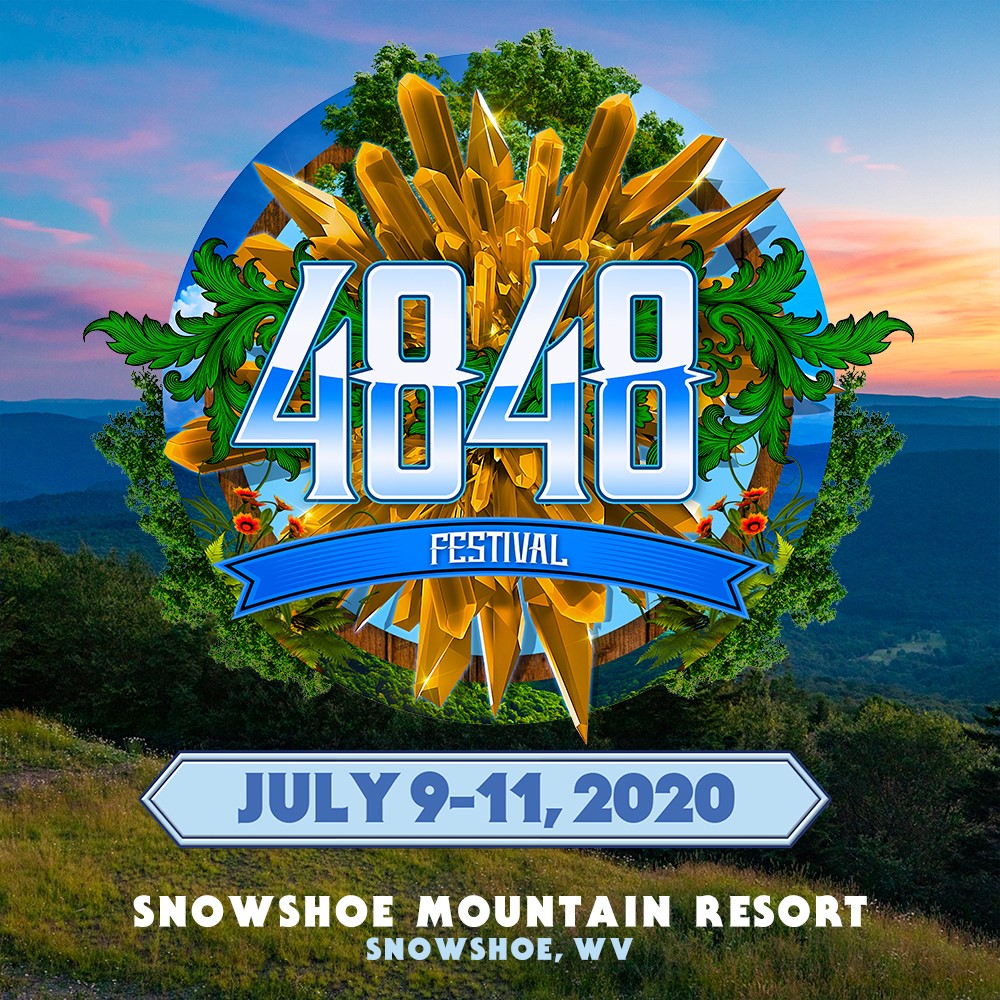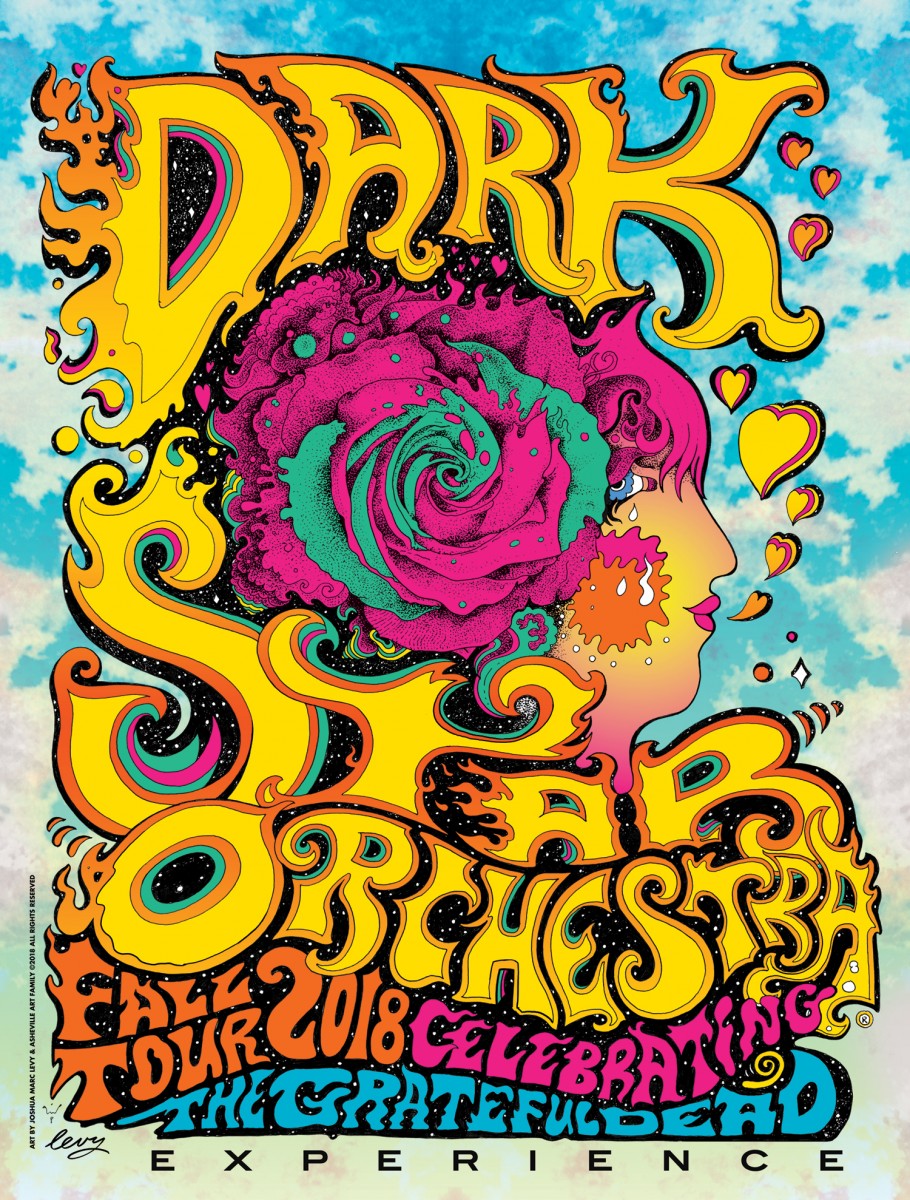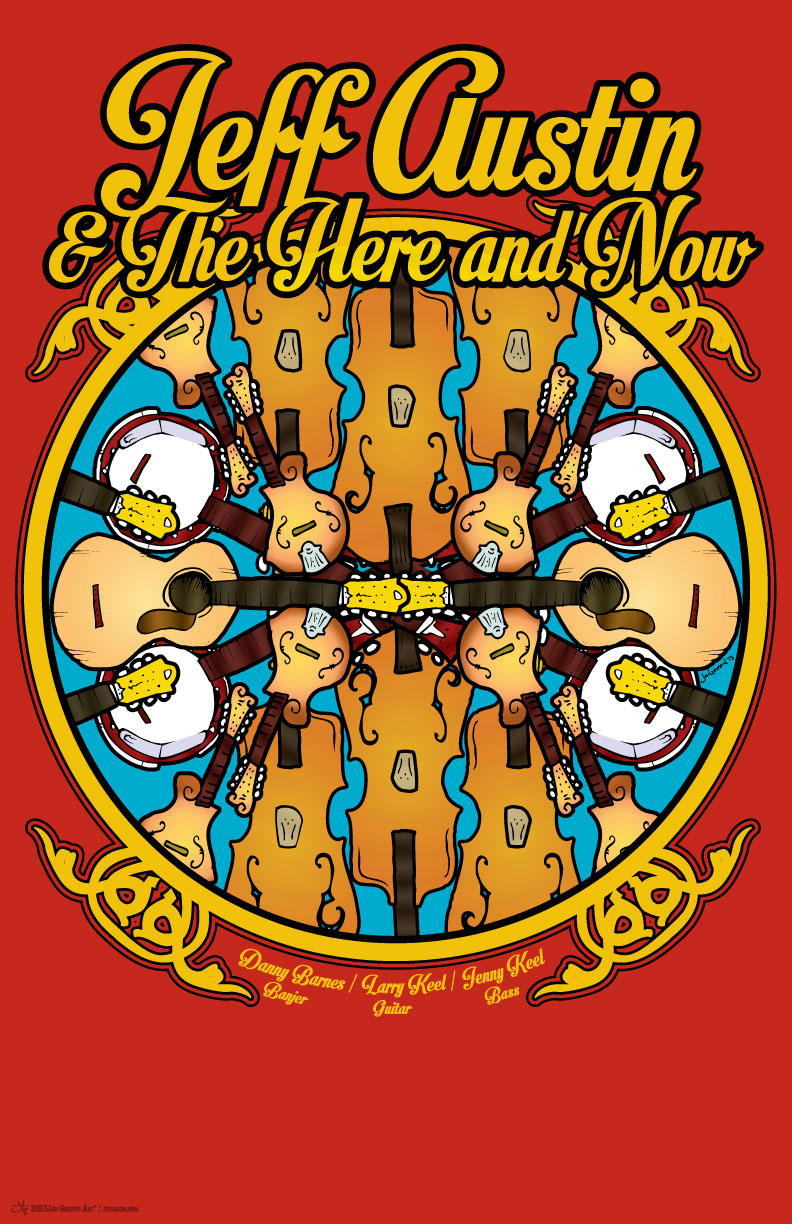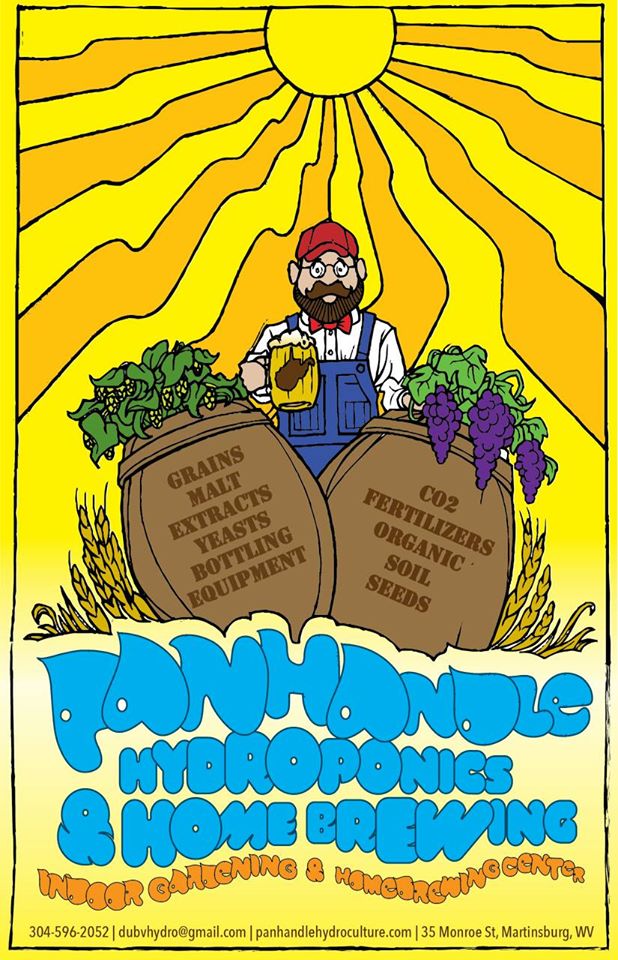
Written by James Michael Blake
Photo by Stefan Poulos
In a world over-saturated by DJ’s and basement producers, few artists stand out among their peers. One man in particular has been steadily separating himself from the rest of the pack and is looking to make big waves in 2017. Bobby West, a.k.a. Erothyme, was able to take a break from a hectic schedule of remix projects and solo offerings to give us a sneak peek at his creative process, inspiration, and what just makes Erothyme tick.
What fuels your inspiration for musical creativity?
It helps to have your sense of wonder intact, and to stay curious about what is possible.
One thing that keeps me deeply engaged in my creative process is that I get most of my musical gratification from my own work – usually when I think of some form or feeling I want to hear in music, I’ll usually respond to that desire by setting out to create something instead of setting out to find something that already exists “out there.” Not because I don’t appreciate how much great music there is, but because I get the most out of my own creative process when I become an unbroken musical feedback loop with myself for some period of time.
I practice the art of one-upmanship against myself, while trying to stay sensitive to what the vibe of the moment is. Since there is always room to grow and always a new moment to interact with, there is always new music to create.
Over the years music has been my main go-to for emotional expressions and pursuits of self-healing. Any time I am excited enough about something or have a big enough insight or experience enough distress for whatever reason, I can’t help but think that the feeling or insight needs to be crystallized into music.
Some people come to a point with their art where they decide the best thing to do is devote everything to it as though their soul depended on it. It’s kind of like a spiritual practice in that way. Even survival itself is sometimes carried out as an offering to the art!
If you’re still having trouble finding inspiration after implementing all of the suggestions above, maybe go somewhere dark and quiet and look at the stars tonight.
What equipment do you use to produce and do you have a favorite piece of gear in your arsenal?
The central piece of equipment is the brain extension commonly known as the laptop computer, equipped with a digital audio workstation. This tool allows any recorded or synthesized audio from any source to be altered into an infinitude of variations and arranged in any combination limited only by the imagination of the musician.
Studio headphones with clear full spectrum audio are really critical for being able to produce anywhere and any time. I have been using Sennheiser HD 25-1-II headphones since 2008.
I source a lot of my audio with my Tascam DR-40 field recording microphone (I upgraded from a DR-05 after my first field recording mic was stolen in Panama). Ever since I began experimenting with field recordings, my whole process was revolutionized and felt so much more personal and tangible. Every recording is a memory, and any sound can be transformed into music, and your memories can be woven together into poetry to form the basis of musical compositions. Making music out of a field recordings feels like time travel. And it means that anything you can hear, you can record and use in your music, if you so choose. Even things you can’t hear!
I’ve had a microKORG keyboard for over 12 years, which has been a critical part of my live sets and many of my productions. Since it is so portable, it has kept me connected to the piano keys even though I can’t carry a piano around everywhere.
I have a clarinet that shows up in my tracks here and there.
Been borrowing a Sub Pac from a friend recently. Definite game changer, for being able to physically feel the low frequencies without having to shake your whole house. A Sub Pac with some good monitors can pretty well emulate what the music feels like amplified.
Any musical tool is what you make of it, but the ability to opportunistically record source material anywhere (the field recording microphone), and the ability to arrange that material in any configuration (the laptop) are probably my favorite things. To my ears, those are two very interesting types of infinity.
What rituals go in to your producing process?
I drink a lot of coffee. I spend a lot of time alone. I write down a lot of thoughts that I think might inspire me later. I like to test out new versions of tracks by putting them on my mp3 player and going for a walk with them outside, and leaving my phone behind. I also like to close my eyes while listening to music in the dark, and fully immerse my consciousness into the vibration, in order to get the clearest possible impression of each song.
The really big thing to realize about the ritual known as the creative process is that every little thing you do or think is part of the creative process.
Are you more comfortable playing at a festival, a solo show, or in the studio?
Not to weasel out of the question or anything, but I’ll start by saying that I have been comfortable and uncomfortable in all of those situations.
At a festival, people have more of an opportunity to take their time to sink into a space and become fully receptive to music. Also, I really enjoy playing outside, and hearing music amplified outside, spreading out through the trees or the fields or the desert! There is something that feels very sacred about that to me, like the Earth and the Sky are every bit as much a part of the audience as the humans are.
At a show in a town or city, time moves by more quickly, but people’s attention is less scattered than it can be at a festival where everyone is roaming around getting lost in the woods without a watch. There’s also less likely to be multiple competing sound systems creating obnoxious interference with each other, as there are at a lot of festivals.
In the studio, I am my own audience. The only person I can impress or disappoint is myself. I allow myself to make mistakes and often stumble upon gold in the process. I ask myself what is possible, period, rather than asking myself whether or not I can pull that possibility out of my sleeve in real time. I can connect the dots between multiple past recordings from faraway places at different times and take my sweet time to figure how they musically fit together. Studio work for an electronic musician / recording artist is sort of like time travel. However, in the studio, I don’t get to hear my music amplified in the same way that it is on a large sound system at a show (thankful for the Sub Pac for helping to partially fix this problem), and I also don’t get to feel other people resonating with the song in real time, so even when the song I am working on is incredible and I know it, I have this lingering uncertainty about whether or not anyone else will appreciate it, until the moment that I release it, or play it at an event while the crowd is engaged. In the studio, gratification and approval must come from within.
Gotta admit that stringing those well-woven tapestries of harmonious vibration through the open air under the stars in a beautiful place with a receptive crowd does often feel like the moment when all that loving labor pays off.
Did you always want to be an experimental producer and if so when did that come to fruition?
I once was an angsty 12-year-old and wanted the heaviest music I could get my hands on, which at the time I assumed would be some kind of metal. One day I was speaking on AIM with a friend who was into metal, and I asked him to send me the heaviest stuff he had. One of the things he sent me was Come to Daddy by Aphex Twin. It was probably the most intense thing I had ever heard, and I wasn’t sure that I even liked it at first, but as soon as it was over I had to play it again, because it was amazing to me that anything that detailed and energetically jam-packed existed. I asked my friend for more Aphex Twin, and he sent me Bucephalus Bouncing Ball, which is completely different in tone, focusing on mind-bending rhythms and layering. Upon first listen the impression I got was that I didn’t know how something like that came into existence, but whatever was going on in that song, it must have taken a long time and a lot of patience to create.
Suddenly and unexpectedly, my attention was shifting to the endless world of possibilities represented by electronic audio, and I realized how much terrain one empowered artist can cover.
I remember, before ever using a digital audio workstation, feeling absolutely certain that if I had the tools in front of me to sculpt and replicate audio, and enough time to figure out how to use those tools, I could make some really unique and awesome music, and I knew that was what I wanted to do.
It was right around that time that my friend’s father bought him an outdated copy of Sonic Foundry ACID 4 at a thrift store, and my friend let me install it on my home computer. My friend eventually lost interest in the hobby but I basically quit doing my schoolwork and spent my teenage years learning how to express myself with arrangements of digital sound.
The first Erothyme album came into being six years after I began learning to use a DAW. Nearly eight years after that first album and some fifteen or so records later, here we are in February 2017, and I am surviving with music as my only source of income (although barely scraping by at the moment, please buy me a sandwich).
Who have/has been the biggest influence to you musically?
This is an important question but also one which is hard to answer with both brevity and completeness.
When I was really young I really liked disco and funk, maybe this helped prime me to make electronic dance music.
My parents listened to a lot of doo-wop and that probably affected my sense of harmony.
I was still in middle school when I started getting seriously interested in digesting electronic music. Aphex Twin and Autechre (followed shortly thereafter by The Flashbulb, Squarepusher, Venetian Snares, Kilowatts, Hrvatski, Wisp…) lured me through the vortex and made me certain that I wanted to make electronic music, and demonstrated repeatedly that one artist can make many different kinds of music in their career.
Boards of Canada, Telefon Tel Aviv, and Bluetech cued me in on depth and subtlety.
Eluvium taught me how powerful ambience alone can be.
Shpongle encouraged me to recognize a diverse range of ethnic influences, validated the combination of ambient music and dance music, and gave me permission to juxtapose the silly and the sacred.
The Books fed my brain regarding the connection between music and language, and reminded me that it’s okay to be down to earth, even when making art that’s far out.
I drew a lot of inspiration early on from the first couple records by Efterklang, a band from Copenhagen… The records Springer and Tripper are real brain-ticklers and heart-tremblers.
I also drew some critical inspiration from funky, soulful keyboard music like Billy Preston and Herbie Hancock.
How and when did you come up with the name Erothyme and is there any special meaning behind it?
Eros is a particular type of love, possibly best expressed as Creative Love. It’s the love that brings parts together and multiplies them into something greater than their sum. It’s the desire to associate pieces into large patterns, it’s the celebration of wholeness, it’s what an artist expresses every time they turn raw materials into art. Some have used the word to refer to the Life Instinct (the will to live and grow), as opposed to Thanatos (the Death Instinct, or self-destructiveness).
The most widely recognized English word bearing the root “ero-” is probably the word “erotic,” as sexuality is clearly a type of creative energy. Even if it wasn’t responsible for all of our births, just think of all the art and music and writing that has been inspired by the expression of (or repression of) human sex drives throughout the ages. The force of Creativity itself, Eros, is even more primordial than sex, however. It’s the same force that makes flowers bloom and stars shine and hearts beat.
“-thymia” means state of mind. You may have heard the word “dysthymia,” meaning negative state of mind.
“Erothymia” means creative life-affirming state of mind, and an erothyme would be something which induces this state of mind.
I got the idea from Aldous Huxley. In a letter to Humphrey Osmond in 1956, he used the word “phanerothyme,” meaning something which induces a state of mind in which creativity is visible. Humphrey Osmond responded to Huxley’s word by coming up with the word “psychedelic” as an alternative. Osmond’s word is now well known all over the world. True story, lookit up kids.
In a day and age where DJing and producing is seemingly over saturated, what advice do you have for someone up and coming to stand out?
Don’t let anyone else convince you to compromise your vision. Anyone can learn to replicate cookie cutter music but only you can make YOUR music.
If any, what is your favorite piece of music you have composed?
The album Sound in the Living Current (released in 2015). Every track has a story, and every track includes inspiration from nature and outdoor field recordings. The whole thing is interwoven into something greater than the sum of its parts; the line between digitally synthesized audio and acoustically sourced audio becomes blurry. I feel like it is probably the biggest project I’ve completed so far, in terms of scope.
There’s other stuff I’m proud of, I’m known to ramble excitedly for ages about just about any Erothyme track or record given the opportunity. I suppose that means I like what I do, and I’m happy I can say that.
Finally, what is in store for the future of Erothyme?
I intend to put out a bunch of short releases in 2017 that are each complete but very stylistically different from each other. Be on the look out for those.
Other than that…
Play that funky music, white boy!
Lay down a boogie,
And play that funky music ’til you die!

